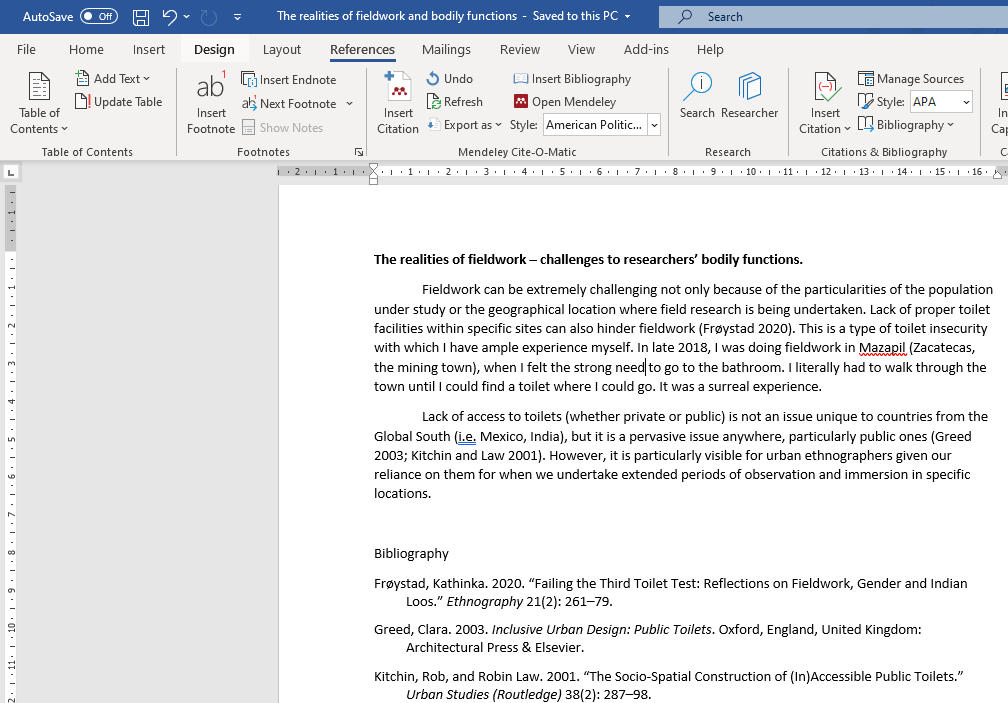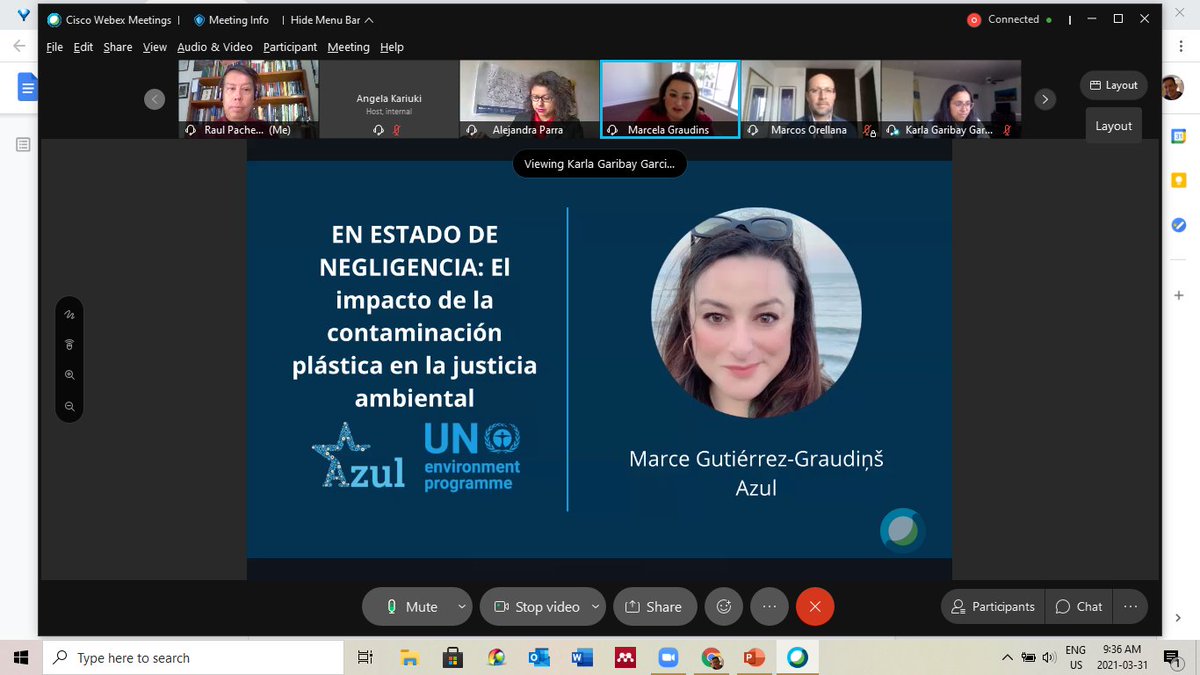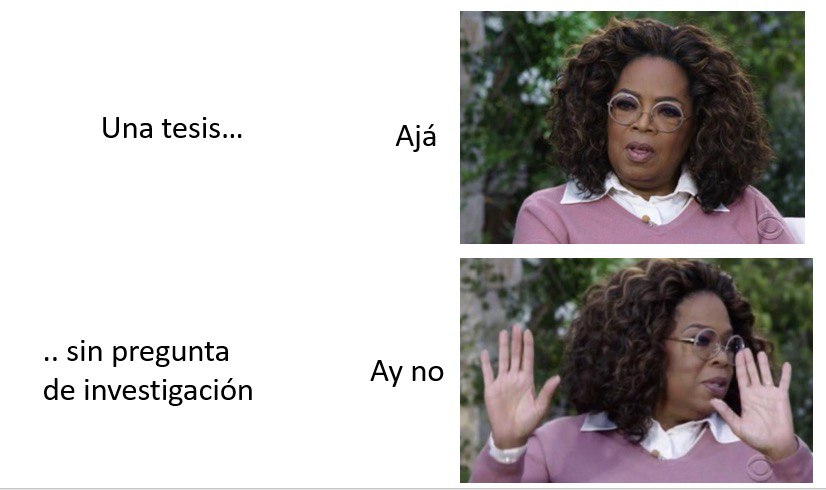
This past week, I taught 2 workshops, 1 for @_AILASA_ and 1 for @RutgersGSN
During both workshops, I got asked the same question about fighting "writer's block", and I answered with exactly the same strategy:
The trusty and humble "index card" and the memorandum.
<THREAD>
During both workshops, I got asked the same question about fighting "writer's block", and I answered with exactly the same strategy:
The trusty and humble "index card" and the memorandum.
<THREAD>
I had been wanting to read, highlight and annotate this article for a long while and I just hadn’t made the time.
In this article, the author talks about how lack of proper toilets can hinder fieldwork (something I have first hand experience with!)
I wrote ONE index card.
In this article, the author talks about how lack of proper toilets can hinder fieldwork (something I have first hand experience with!)
I wrote ONE index card.

A couple of index cards give me enough of a “kick start” to write a short memo on toilet insecurity and fieldwork, and the politics of toilet access in India. 

Here's a very brief (and raw) memorandum on fieldwork and toilet access. It's 230 words that I got out of reading an article's abstract and first few paragraphs, and from writing a few notes in an index card.
So yes, I get unblocked by Reading and Annotating (as per my talks)
So yes, I get unblocked by Reading and Annotating (as per my talks)

My post on writing by memorandums. raulpacheco.org/2020/04/writin…
My post on using Index Cards to take notes.
raulpacheco.org/2018/11/note-t…
</end thread>
My post on using Index Cards to take notes.
raulpacheco.org/2018/11/note-t…
</end thread>
• • •
Missing some Tweet in this thread? You can try to
force a refresh








